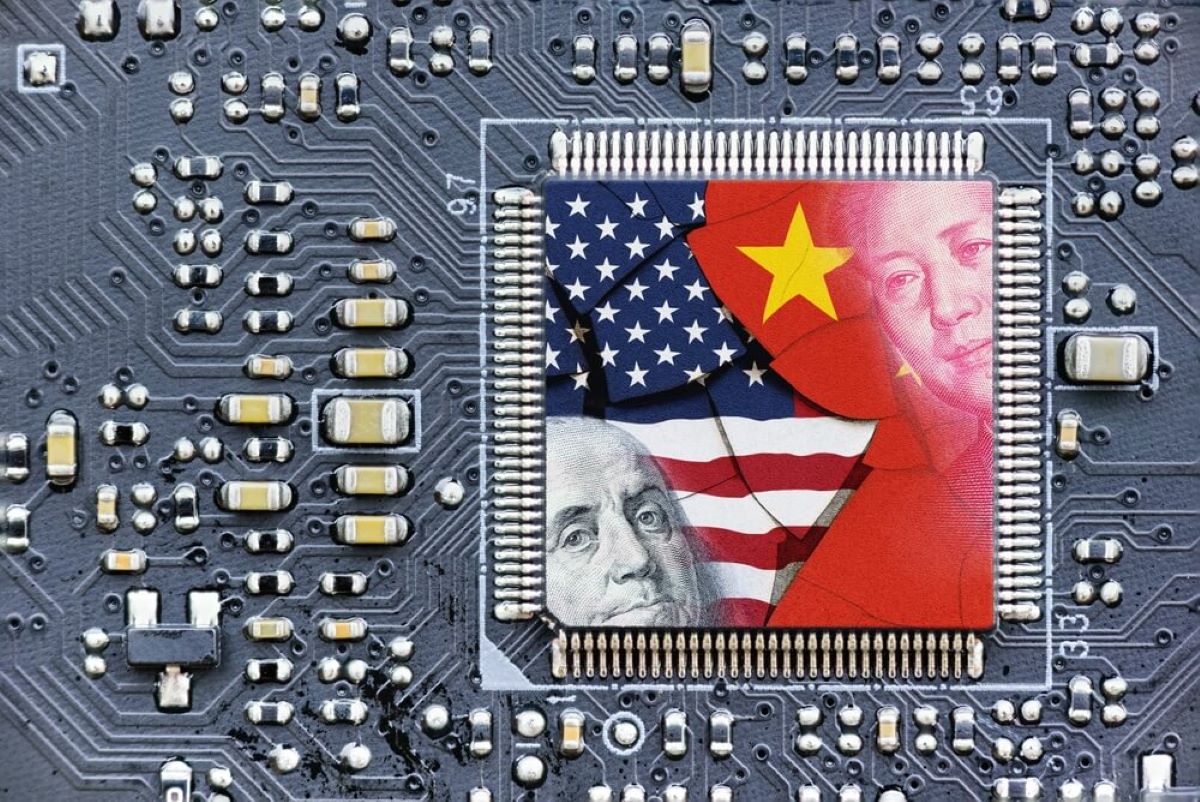Global attention has focused on US Treasury Secretary Janet Yellen’s visit to China at a time when tensions between the world’s two largest economies are at their height.
Many messages were sent by the U.S. official, who has taken a balanced approach in an attempt at rebuilding bridges between the two countries and establishing relations between them on “solid foundations.”
Yellen arrived in Beijing on Thursday, where she was received by several senior government officials, including Prime Minister Li Qian, and has been calling for more exchanges and cooperation between the two countries despite the differences.
Yellen sees her meetings, which lasted about ten hours over two days, as “a step forward in our effort to put the US-China relationship on surer footing,” she said at a news conference on Sunday.
Yellen’s visit, her first to Beijing since taking office in 2021, comes weeks after Secretary of State Antony Blinken’s visit and embodies the Joe Biden administration’s desire to calm strained bilateral relations.
Read: To avoid recurrence of energy shortages, China doubles down on gas imports
Yellen stressed the “vital” importance of high-level contacts, “We believe that the world is big enough for both of our countries to thrive. Both nations have an obligation to responsibly manage this relationship: to find a way to live together and share in global prosperity.”
China’s official Xinhua news agency reported that Saturday’s meeting between Yellen and Vice Premier He Lifeng allowed for an agreement to “strengthen communication and cooperation to address global challenges.”
The U.S. Treasury secretary acknowledged there were, “significant disagreements,” between the two countries, but stressed that discussions in Beijing were, “direct, substantive and productive.”
The main sticking point is the semiconductor. In recent months, U.S. restrictions have been imposed to cut off the supply of U.S. technology, including chips, to Chinese companies. Washington has also succeeded in pushing allies in Japan and the Netherlands to restrict advanced semiconductor sales to China and rally other advanced economies to confront Beijing’s “economic coercion.”
China, which seeks to become independent in this area, sees the measures as aimed at hindering its development and maintaining American supremacy.
But Yellen reiterated that the United States was not seeking to separate from China, which she said would be “disastrous for both countries and destabilizing for the world” and “virtually impossible to undertake.”
“There is an important distinction between decoupling, on the one hand, and on the other hand, diversifying critical supply chains or taking targeted national security actions,” she said.
She warned that the United States would continue to take “targeted actions” to preserve its national security and that of it’s allies.
She expressed Washington’s “serious concerns” about Beijing’s “unfair economic practices”.
These include obstacles to the entry of foreign companies into the Chinese market and issues related to intellectual property protection.
Yellen also expressed, “worries about a recent uptick in coercive actions against American firms,” referring to inspections and investigations targeting companies in China in recent months.
Yellen discussed with Chinese officials areas of cooperation on global challenges, including working together to mobilize multilateral financing for climate action.
U.S. climate envoy John Kerry is expected to visit China, according to U.S. Ambassador to China Nicholas Burns, though he did not provide a timeline for the trip.
For more on the economy, click here.








